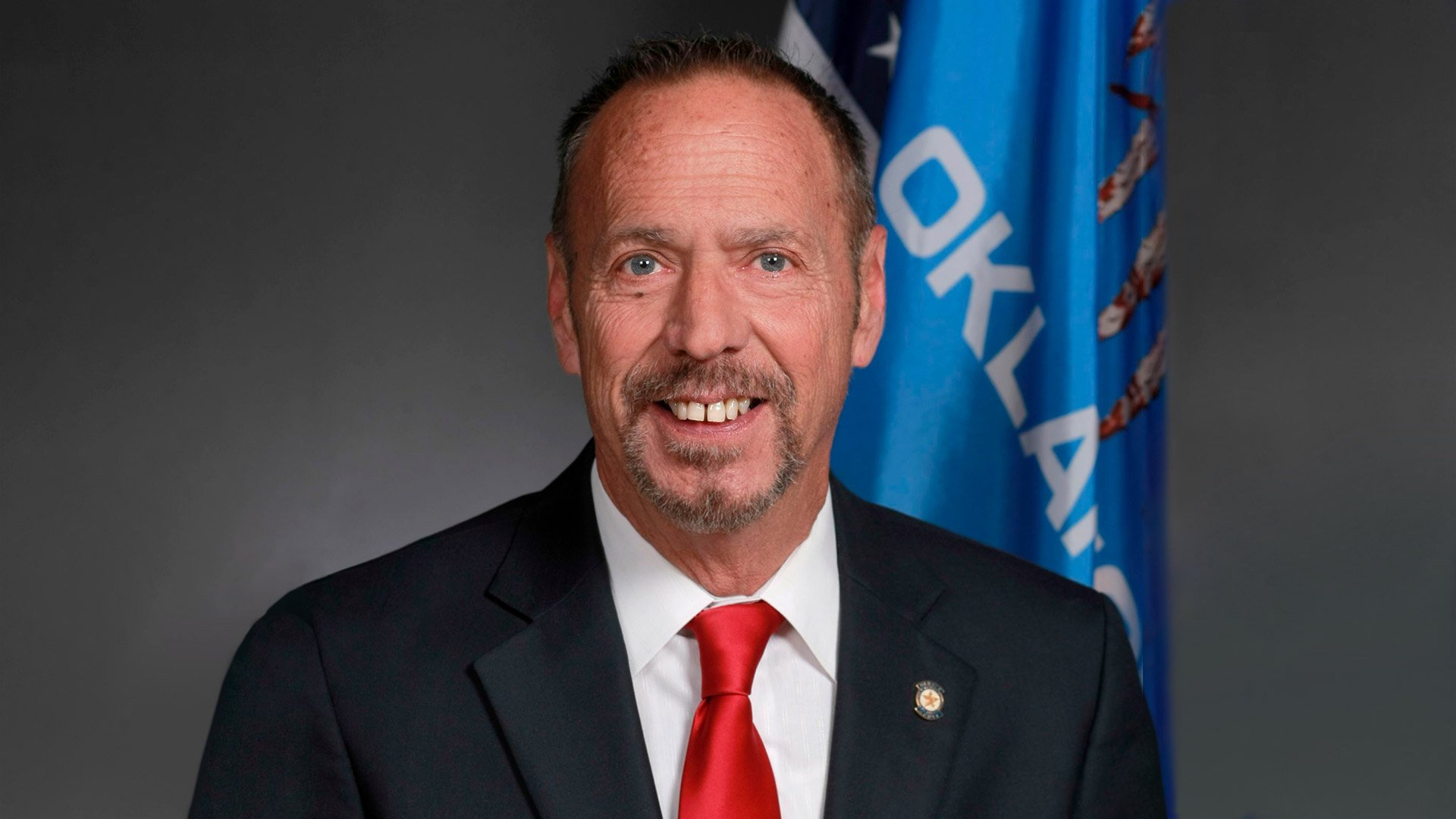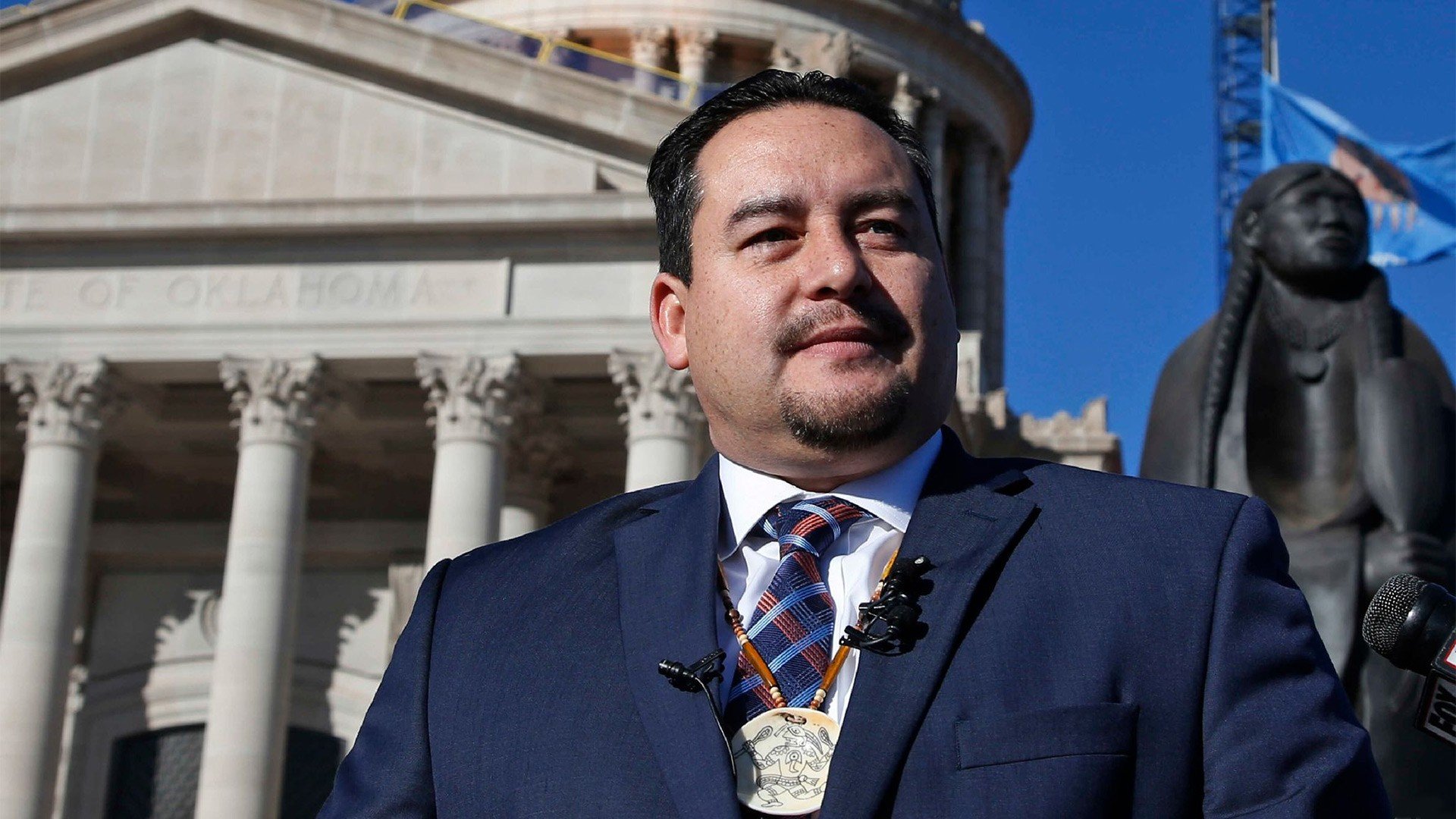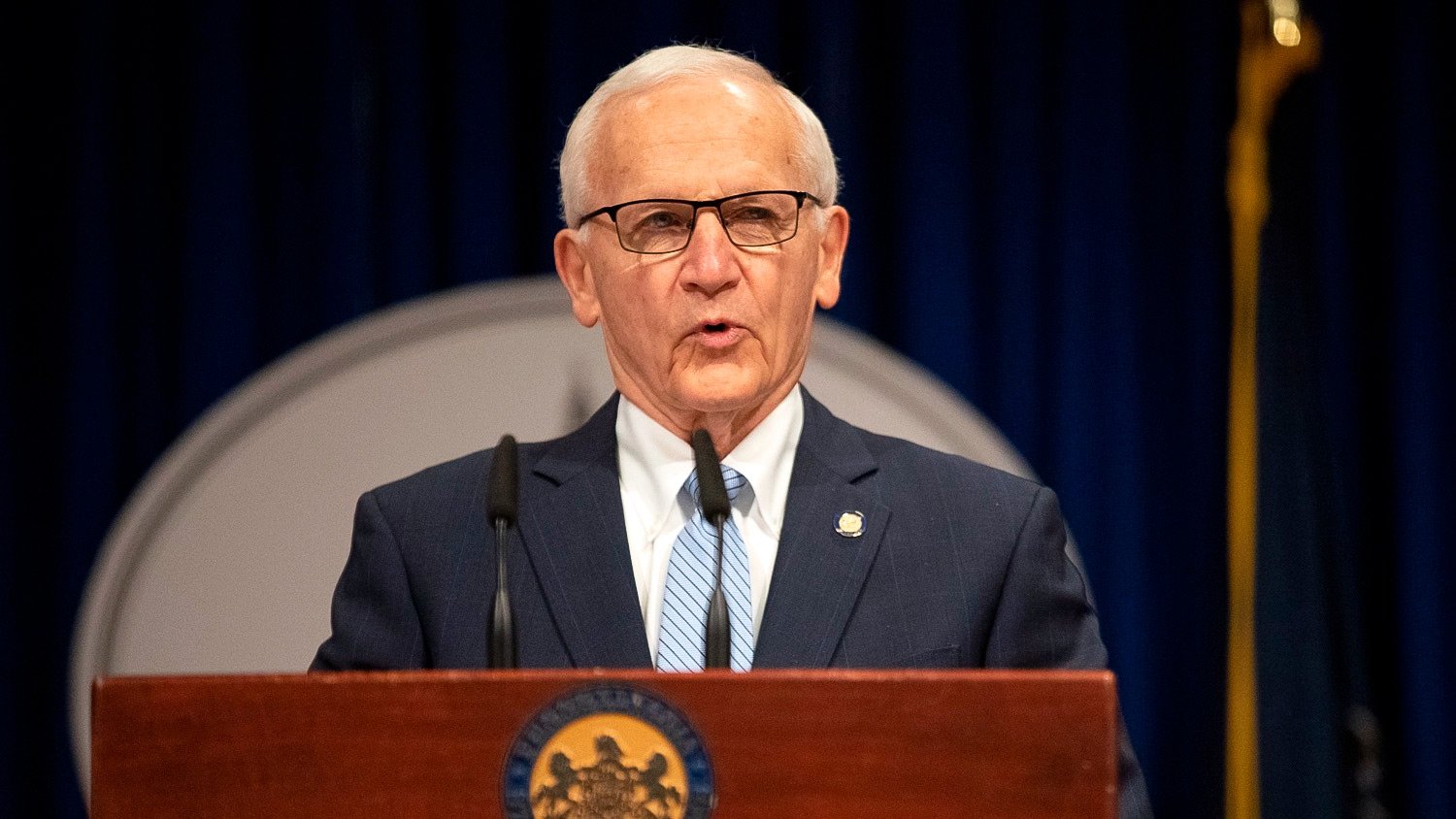Oklahoma fails to pass tribal sports betting bill amid lack of "appetite," moral issues in Senate

Sports betting in Oklahoma is set to remain illegal, at least for the near future. A bill that would have allowed state tribes to offer this form of gaming at casinos while redirecting tax revenue for public school funding failed to pass this legislative session.
State Rep. Ken Luttrell, R-Ponga City, who authored the House bill, said there wasn’t “any appetite” for the proposal in the state Senate this year, according to The Norman Transcript. He partly attributed the lack of action to “moral issues,” while discarding it had anything to do with Gov. Kevin Stitt’s ongoing feud with tribal leaders.
“It’s truly an economic issue for the tribes and for the state,” he told the cited source. “We’re missing millions of dollars in revenue each week. Oklahomans are sports bettors whether they’re doing it online, under the table or journeying out of state to place their bets. We should be participating in that income and using that revenue for public education and for core services.”
State Rep. Ken Luttrell
The legislation would have legalized sports betting at tribal casinos while leaving out mobile gaming, which could have potentially been added at a later stage. House Bill 3008 called for the state to receive a 10% cut of net winnings, which is the total in bets received minus prizes paid out and federal taxes.
According to an Oxford Economics Group report cited by Luttrell, legal sports betting would generate $240 million in new revenue for the state. Gov. Stitt had publicly voiced support for the idea of regulating the market.
Luttrell confirmed to local media that he intends to run a similar measure again next year, in an effort to get Oklahoma up to pace with states that have already legalized gaming. He restated the move would make “good economic sense,” and showed hopes that the effort could maybe have a better chance of moving through both sides of the Capitol next time.
The move could receive the support of some Oklahoma tribes, which see the opportunity of operating online betting as a means to drive revenue, but the Rep. said his intention is “to put people into the casinos.” He further called sports betting not an expansion of gaming but rather adding just one more approved form to what’s already in state statutes, reports Transcript.
State Sen. Bill Coleman, R-Ponca City, author of the Senate sports bill, concurred that there was no interest in adding additional gaming at the moment, and added that when he pitched the idea to fellow Senate Republicans the move wasn’t met with excitement. But going forward, the odds of a passage could benefit from a non-election year.
According to Matthew Morgan, chairman of the Oklahoma Indian Gaming Association, such years are historically the ones where gaming expansions work in the state. These efforts also face better luck when there are revenue issues, as lawmakers look for new money.
Matthew Morgan, chairman of the Oklahoma Indian Gaming Association
“I don’t think anybody had the expectation that something was going to zoom through the Legislature and get finished, but it was a good starting point to bring people to the table and start talking about what that may look like and see where people stood,” Morgan said, according to CNHI News Oklahoma.
Morgan further stated there is “a lot of interest” in talking about sports betting, with some Oklahoma tribes also having shown interest in mobile betting options. “I think our operators, our members would love to have that opportunity to participate if it makes sense,” he added.
Oklahoma is the biggest tribal market in the US outside of California. Currently, most tribal operators have a poor working relationship with Gov. Kevin Stitt, who attempted to get more revenue-share payments out of tribal casinos.
Oklahoma Gov. Kevin Stitt
While Stitt argued the compacts signed by the 35 tribes in 2004 expired on January 1, 2020, meaning a renegotiation was necessary, tribes argued the language in the agreements indicated they were designed to automatically renew for another 15 years.
The Gov. managed to negotiate new compacts with four tribes, but these agreements were all discarded. The Supreme Court ruled they were invalid under state law last year because Stitt negotiated different terms to the 2004 compacts without approval of a joint legislative committee.

















































